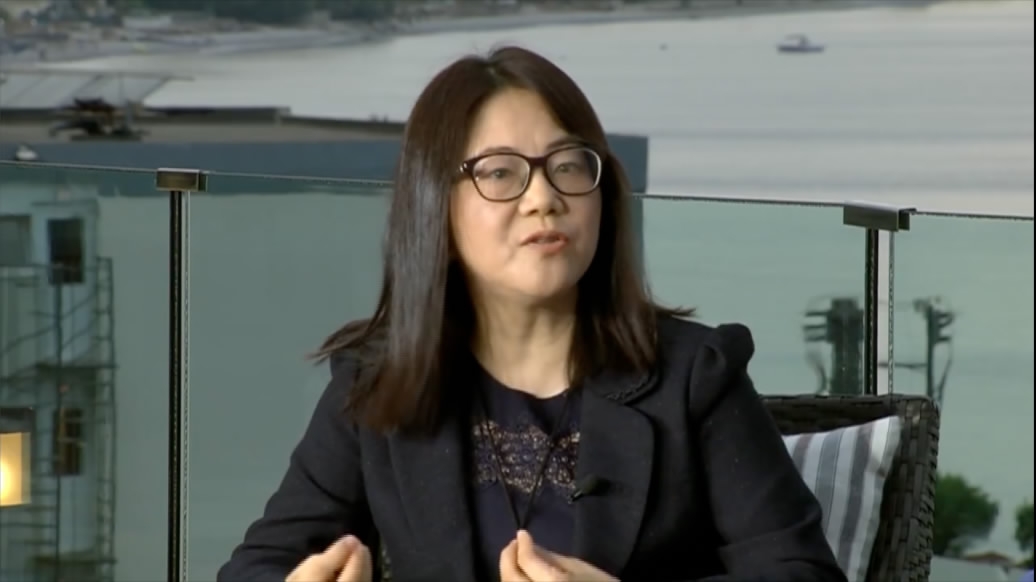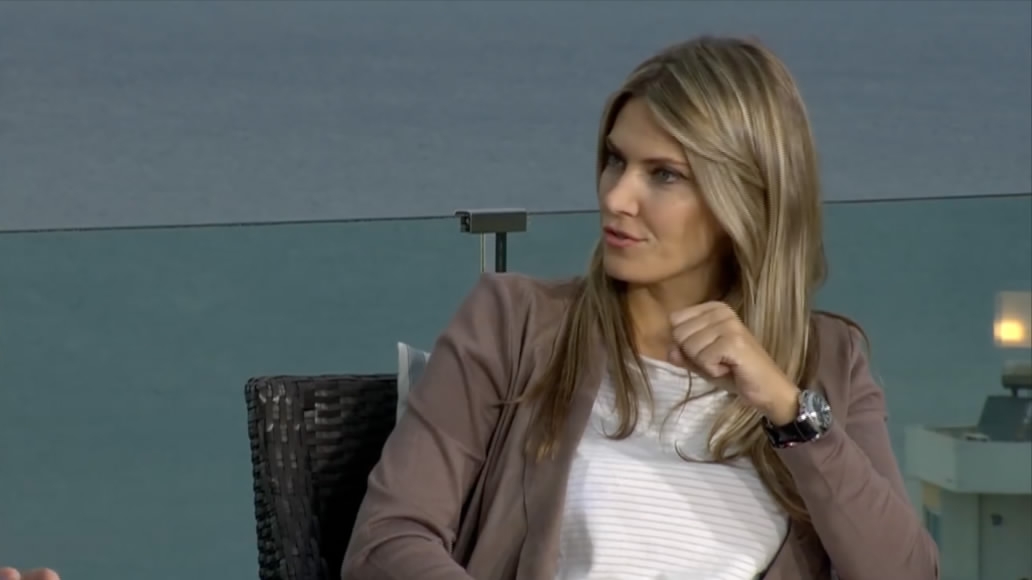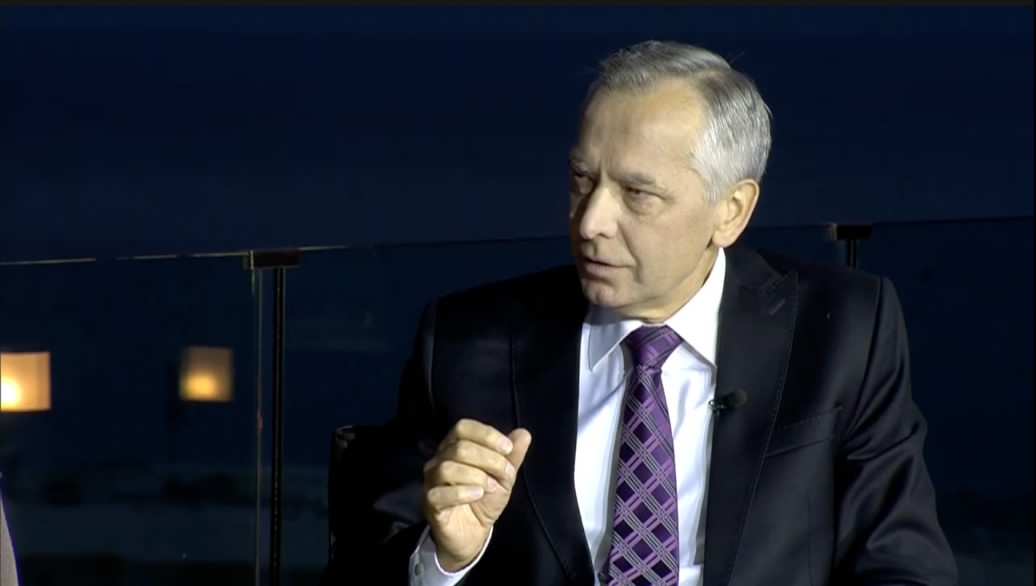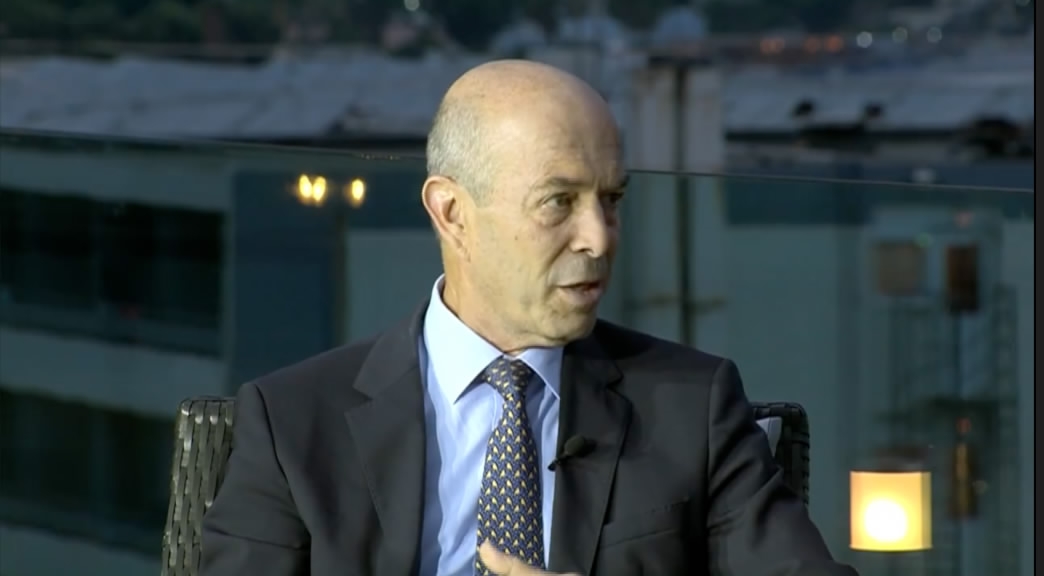
Opinions
21:21, 24-Nov-2017
Is a clash of civilizations creating a world in crisis?
By CGTN’s Dialogue

One hallmark of the post-Cold War system is the rise of political Islamism. Another is the unpredictability of populism in Western democracy. But what does this mean for values, faiths and institutions? And how should we look at the functions of democracy in the transformation of some economies?
Participants at this year’s Rhodes Forum, a platform for business figures, policy-makers and academics to discuss the key issues on the international agenda, agree that the world is experiencing a period of change and crisis.
“We have a lot of states, different states. And we have a lot of inequalities. After the crisis of 2008, we see these inequalities increasing instead of decreasing. People [are] turning against globalization in different ways, trying to become more nationalistic,” said member of the European Parliament Eva Kaili.

“We have Euro-skepticism. So we have new balances that we have to find. I think, though, in every crisis there are hidden opportunities. So improving our relations, and finding ways like the initiative of One Belt and One Road could lead to a better understanding and a better balance, and maybe transfer the power to different and more polars,” said Kaili.
Chen Jiahong, a research director (S&C) at the DOC Research Institute, also sees value in the Chinese way of thinking.
“I think there is a big value in our tradition. It’s about this ‘all under the heaven,’ which emphasizes this inclusiveness instead of competitiveness. So we very much value this unity – unity of the heaven and earth, unity of the heart and the body, unity of everything," said Chen.
One mounting threat to global unity is terrorism, particularly in light of the recent wave of such incidents across Europe.

Asked whether this trend has any relevance to clashes between the Islamic civilization and Christianity, Jan Figel, former European Commissioner for Education, Culture, Multilingualism and Youth, says no.
“We should distinguish cases because to speak about Islam, Christianity or the West is one large topic, and to speak about terrorism is a very specific and sensitive issue. Terrorism misuses religion, abuses religion for their political or other power aims. And this brutal misuse should be not only denounced, but of course eliminated,” he said.
Addressing the issue of a clash of civilizations, Ian Goldin, former adviser to Nelson Mandela, observes that although many African civilizations have a colonial past, these countries have come out from this shadow. He also corrects the misconception that Africa is badly run.

“I think it’s very dangerous to characterize Africa as badly run. Its 54 countries, some are terribly run, some are amongst the worst run economies in the world, and some are actually the fastest growing economies in the world. And it really does depend on expertise. It is not, I believe, the race issue. And I don’t really believe any more that we can blame on colonialism either. That’s an old story,” he said.
Dialogue with Yang Rui is a 30-minute current affairs talk show on CGTN. It airs daily at 7:30 p.m. BJT (1130GMT), with rebroadcasts at 3:30 a.m. (1930GMT) and 11:30 a.m. (0330GMT).

SITEMAP
Copyright © 2018 CGTN. Beijing ICP prepared NO.16065310-3
Copyright © 2018 CGTN. Beijing ICP prepared NO.16065310-3